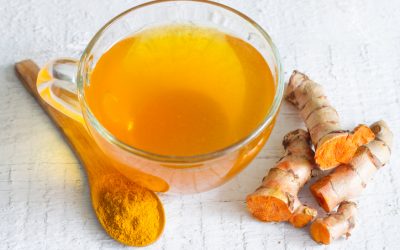Benefits of a Quercetin-Rich Diet
There is little doubt that a Westernized diet–often high in fat, cholesterol, and sugar–contributes to a variety of diseases, prominently obesity and cardiovascular disease. An increase in fresh fruit and vegetable consumption could reduce the risk of these diseases. Both fruits and vegetables contain an antioxidant called quercetin. Quercetin–like all antioxidants–hunts for damaging particles in the body called free radicals; quercetin then neutralizes the free radicals and reduces or even prevents the damage from happening. Previous studies have found that quercetin may reduce the severity of allergies and asthma, rheumatoid arthritis, prostatitis, and hypertension; it may also reduce the risk of certain types of cancer and cardiovascular disease.


